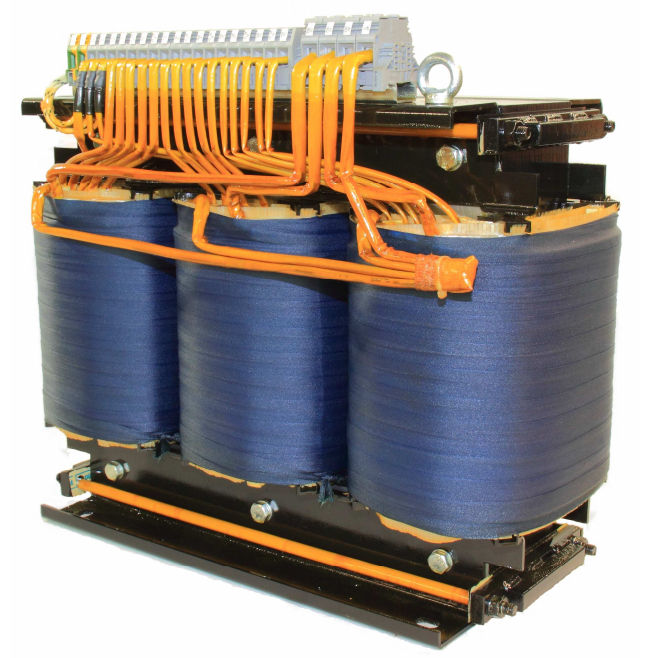Presentation On HVDS Presentation
| Introduction to HVDS | ||
|---|---|---|
| HVDS stands for High Voltage Distribution System. It is a power distribution system used to transmit electricity at high voltage levels. HVDS is commonly used in industries, commercial buildings, and large-scale power distribution networks. | ||
| 1 | ||
| Key Components of HVDS | ||
|---|---|---|
| Step-up Transformers: These transformers increase the voltage of electricity for transmission. Overhead Lines: HVDS uses overhead lines to transmit electricity over long distances. Step-down Transformers: These transformers reduce the voltage to a safe level for distribution to consumers. | ||
| 2 | ||
| Advantages of HVDS | ||
|---|---|---|
| Higher Efficiency: HVDS minimizes losses during transmission, resulting in higher efficiency. Reduced Voltage Drop: The high voltage used in HVDS reduces voltage drop, ensuring consistent power supply. Cost-effective: HVDS reduces the need for additional infrastructure and reduces overall transmission costs. | ||
| 3 | ||
| Safety Measures in HVDS | ||
|---|---|---|
| Insulation: HVDS components are insulated to prevent electrical leakage and ensure safety. Grounding: Proper grounding is essential to protect against electrical faults and ensure safety. Protective Devices: HVDS systems incorporate protective devices such as circuit breakers to prevent accidents. | ||
| 4 | ||
| Applications of HVDS | ||
|---|---|---|
| Industries: HVDS is widely used in manufacturing units, refineries, and other industrial applications. Commercial Buildings: It is used in shopping malls, hospitals, and office complexes to ensure reliable power supply. Rural Electrification: HVDS is crucial for providing electricity to remote areas and improving living standards. | ||
| 5 | ||
| Conclusion | ||
|---|---|---|
| HVDS plays a vital role in efficient power distribution for industries and commercial buildings. It offers advantages such as higher efficiency, reduced voltage drop, and cost-effectiveness. With proper safety measures in place, HVDS ensures reliable and safe power supply to various applications. | ||
| 6 | ||





